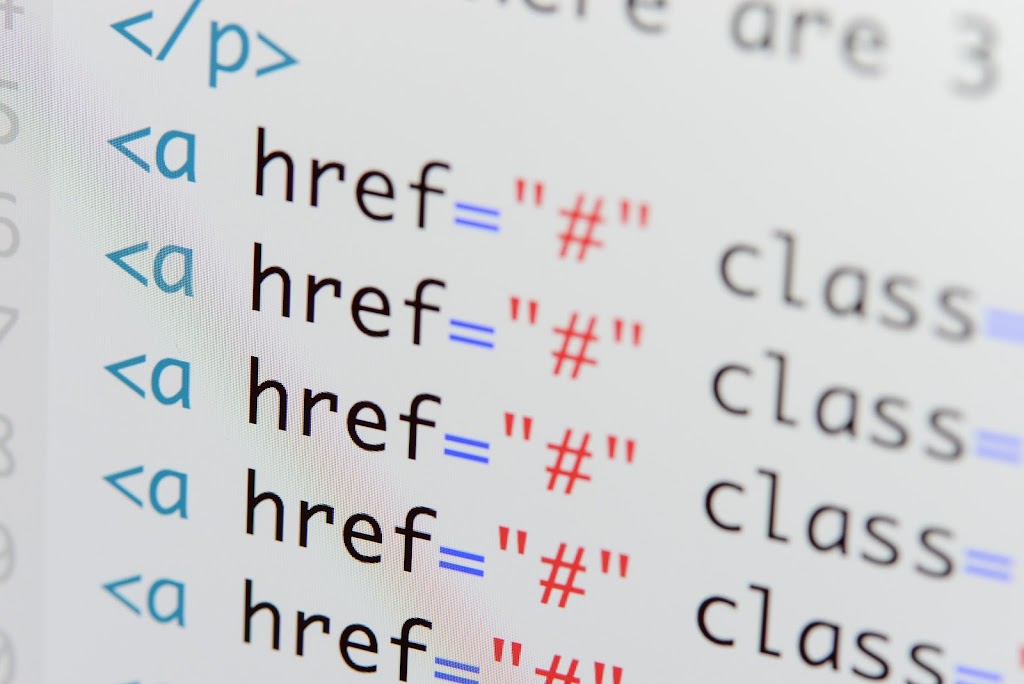Creating a website can seem daunting if you have no programming background, but there are several user-friendly platforms that can help you get started quickly.
Some of the Best Platforms for Creating Websites
-
- Pros: Easy to use with a vast ecosystem of plugins and themes. No coding required for basic websites.
- Cons: Can be overwhelming with options. Customization beyond basic features may require understanding of themes and plugins.
-
- Pros: Drag-and-drop interface makes it extremely user-friendly. Offers a variety of templates for different types of websites.
- Cons: Less flexibility compared to WordPress. Advanced customization may be limited.
-
- Pros: Beautiful templates with responsive design. Intuitive drag-and-drop editor.
- Cons: Can be expensive for advanced features. Limited control over backend functionality.
- Blogger
- Pros:
User-Friendly Interface: Blogger provides a straightforward and intuitive interface, making it easy for beginners to create and manage a blog or website without technical knowledge.
Free Hosting: Blogger offers free hosting through Google’s servers, which means you don’t need to pay for separate hosting services.
Integration with Google Services: Since Blogger is owned by Google, it seamlessly integrates with other Google services like Google Analytics and AdSense, simplifying the process of monetizing your blog.
Customization Options: While not as extensive as some other platforms, Blogger allows customization through its template designer, where you can modify layouts, colors, and fonts.
Built-in Widgets: Blogger includes a variety of built-in widgets that can easily be added to your blog, such as popular posts, blog archive, and more.
SEO Benefits: Blogs created on Blogger tend to perform well in search engine rankings, thanks to Google’s search algorithms favoring its own properties.
- Cons:
Limited Design Options: Compared to platforms like WordPress or Wix, Blogger offers fewer templates and customization options. Customizing beyond basic features often requires knowledge of HTML/CSS.
Ownership and Control: Since Blogger is owned by Google, you have limited control over the platform. Google can suspend or delete your blog if it violates their terms of service.
Updates and Features: Blogger may not receive frequent updates or new features compared to other platforms, potentially limiting functionality over time.
Monetization Restrictions: While Blogger integrates with Google AdSense for monetization, it has stricter policies compared to self-hosted platforms regarding affiliate marketing and other forms of monetization.
Support Options: Blogger’s support resources are limited compared to other platforms. Finding solutions to technical issues or customization may require searching forums or third-party resources.
- Pros:
Conclusion
Blogger is a solid choice for beginners looking to start a blog or basic website due to its ease of use, free hosting, and integration with Google services. However, it may not offer the same level of flexibility and control as more advanced platforms. Consider your specific needs for customization, ownership, and long-term scalability when choosing Blogger as your website creation platform.
Advertisements




No responses yet